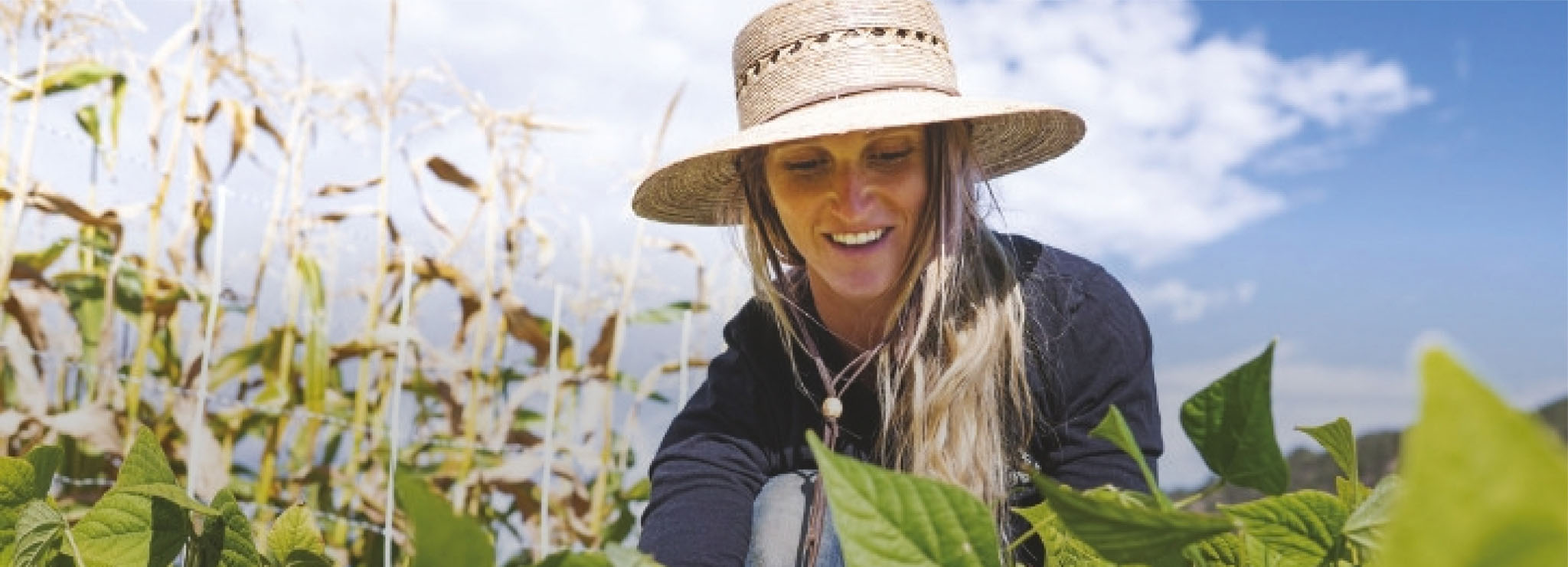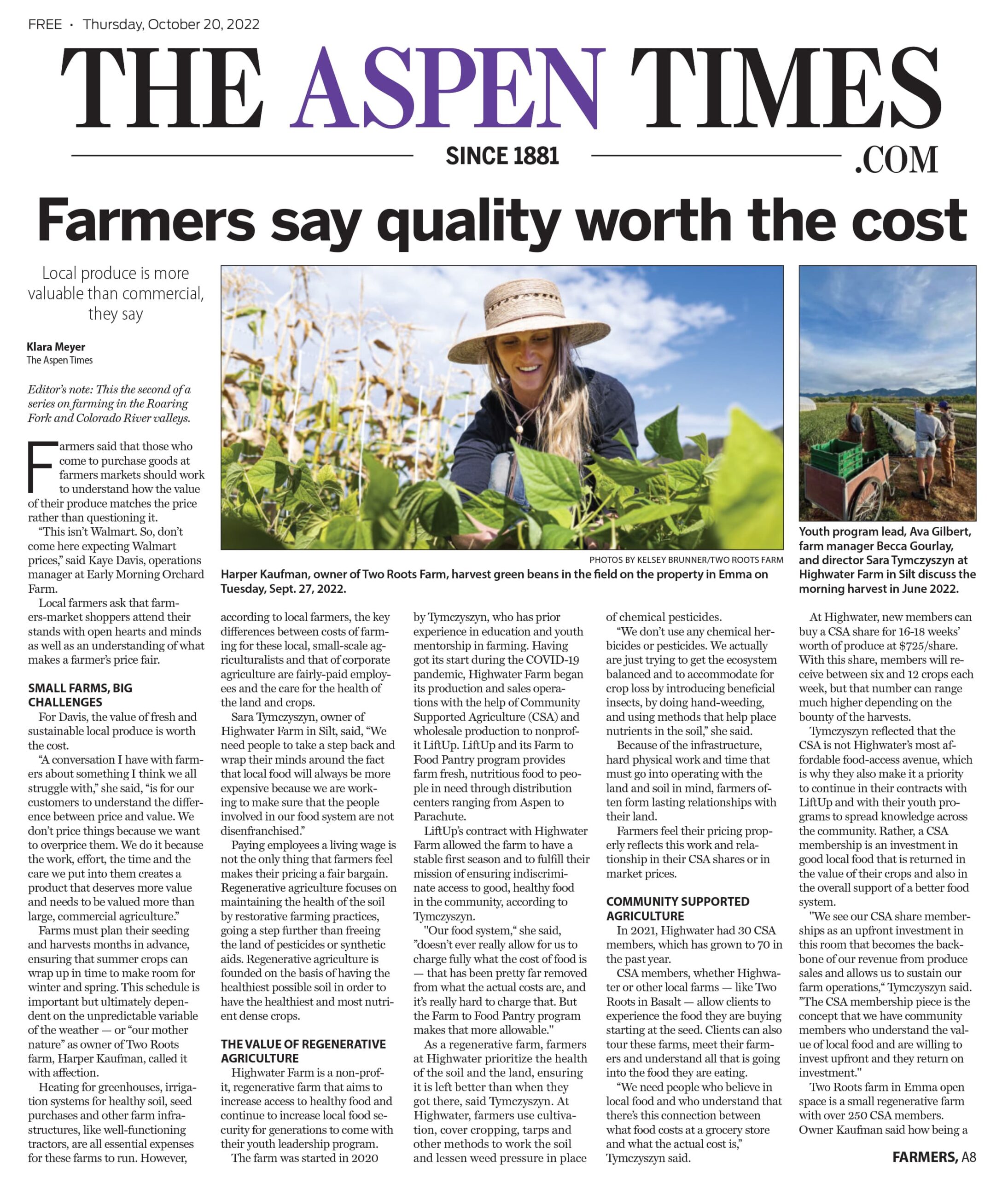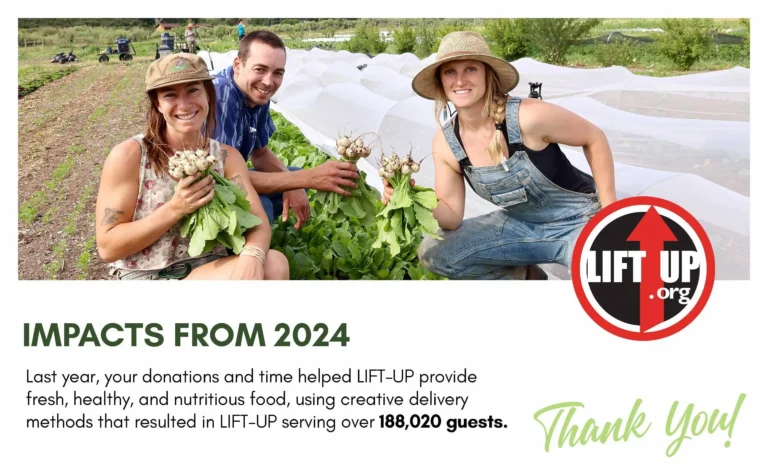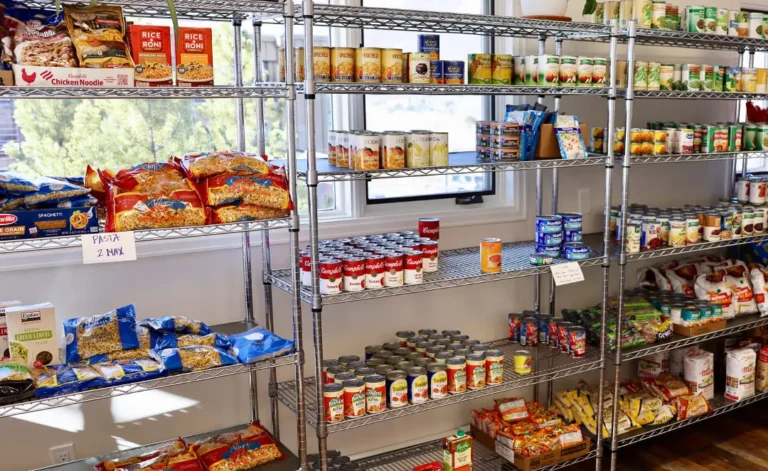Farmers said that those who come to purchase goods at farmers markets should work to understand how the value of their produce matches the price rather than questioning it.
“This isn’t Walmart. So, don’t come here expecting Walmart prices,” said Kaye Davis, operations manager at Early Morning Orchard Farm.
Local farmers ask that farmers-market shoppers attend their stands with open hearts and minds as well as an understanding of what makes a farmer’s price fair.
SMALL FARMS, BIG CHALLENGES
For Davis, the value of fresh and sustainable local produce is worth the cost.
“A conversation I have with farmers about something I think we all struggle with,” she said, “is for our customers to understand the difference between price and value. We don’t price things because we want to overprice them. We do it because the work, effort, the time and the care we put into them creates a product that deserves more value and needs to be valued more than large, commercial agriculture.”
Farms must plan their seeding and harvests months in advance, ensuring that summer crops can wrap up in time to make room for winter and spring. This schedule is important but ultimately dependent on the unpredictable variable of the weather — or “our mother nature” as owner of Two Roots farm, Harper Kaufman, called it with affection.
Heating for greenhouses, irrigation systems for healthy soil, seed purchases and other farm infrastructures, like well-functioning tractors, are all essential expenses for these farms to run. However, according to local farmers, the key differences between costs of farming for these local, small-scale agriculturalists and that of corporate agriculture are fairly-paid employees and the care for the health of the land and crops.
Sara Tymczyszyn, owner of Highwater Farm in Silt, said,
“We need people to take a step back and wrap their minds around the fact that local food will always be more expensive because we are working to make sure that the people involved in our food system are not disenfranchised.”
Paying employees a living wage is not the only thing that farmers feel makes their pricing a fair bargain. Regenerative agriculture focuses on maintaining the health of the soil by restorative farming practices, going a step further than freeing the land of pesticides or synthetic aids. Regenerative agriculture is founded on the basis of having the healthiest possible soil in order to have the healthiest and most nutrient dense crops.
THE VALUE OF REGENERATIVE AGRICULTURE
Highwater Farm is a non-profit, regenerative farm that aims to increase access to healthy food and continue to increase local food security for generations to come with their youth leadership program.
The farm was started in 2020 by Tymczyszyn, who has prior experience in education and youth mentorship in farming. Having got its start during the COVID-19 pandemic, Highwater Farm began its production and sales operations with the help of Community Supported Agriculture (CSA) and wholesale production to nonprofit LIFT-UP. LIFT-UP and its Farm to Food Pantry program provides farm fresh, nutritious food to people in need through distribution centers ranging from Aspen to Parachute.
LIFT-UP’s contract with Highwater Farm allowed the farm to have a stable first season and to fulfill their mission of ensuring indiscriminate access to good, healthy food in the community, according to Tymczyszyn.
“Our food system,“ she said, ”doesn’t ever really allow for us to charge fully what the cost of food is — that has been pretty far removed from what the actual costs are, and it’s really hard to charge that. But the Farm to Food Pantry program makes that more allowable.”
As a regenerative farm, farmers at Highwater prioritize the health of the soil and the land, ensuring it is left better than when they got there, said Tymczyszyn. At Highwater, farmers use cultivation, cover cropping, tarps and other methods to work the soil and lessen weed pressure in place of chemical pesticides.
“We don’t use any chemical herbicides or pesticides. We actually are just trying to get the ecosystem balanced and to accommodate for crop loss by introducing beneficial insects, by doing hand-weeding, and using methods that help place nutrients in the soil,” she said.
Because of the infrastructure, hard physical work and time that must go into operating with the land and soil in mind, farmers often form lasting relationships with their land.
Farmers feel their pricing properly reflects this work and relationship in their CSA shares or in market prices.
COMMUNITY SUPPORTED AGRICULTURE
In 2021, Highwater had 30 CSA members, which has grown to 70 in the past year.
CSA members, whether Highwater or other local farms — like Two Roots in Basalt — allow clients to experience the food they are buying starting at the seed. Clients can also tour these farms, meet their farmers and understand all that is going into the food they are eating.
We need people who believe in local food and who understand that there’s this connection between what food costs at a grocery store and what the actual cost is,” Tymczyszyn said.
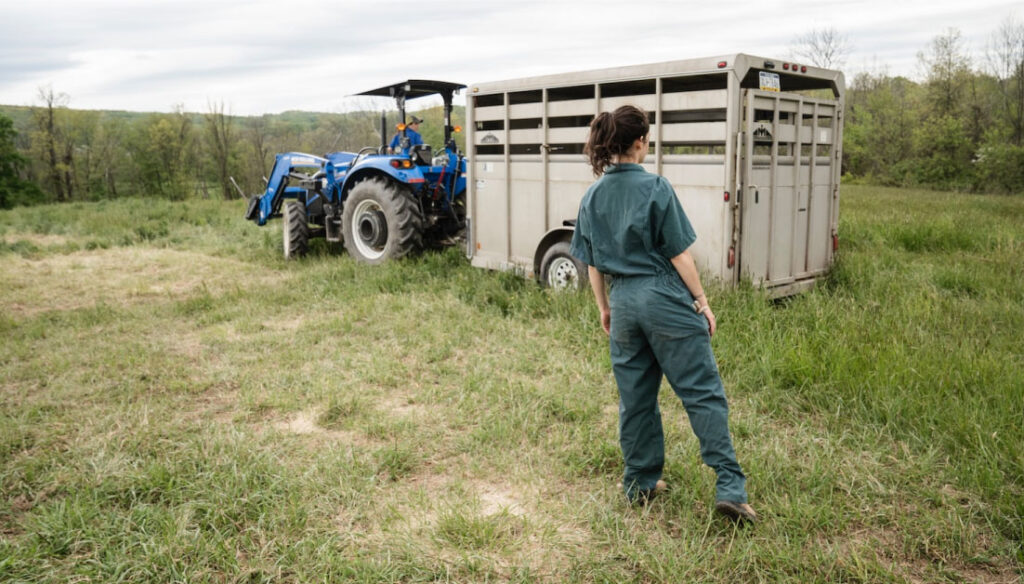
Youth program lead, Ava Gilbert, farm manager Becca Gourlay, and director Sara Tymczyszyn at Highwater Farm in Silt discuss the morning harvest in June 2022.
At Highwater, new members can buy a CSA share for 16-18 weeks’ worth of produce at $725/share. With this share, members will receive between six and 12 crops each week, but that number can range much higher depending on the bounty of the harvests.
Tymczyszyn reflected that the CSA is not Highwater’s most affordable food-access avenue, which is why they also make it a priority to continue in their contracts with LIFT-UP and with their youth programs to spread knowledge across the community. Rather, a CSA membership is an investment in good local food that is returned in the value of their crops and also in the overall support of a better food system.
We see our CSA share memberships as an upfront investment in this room that becomes the backbone of our revenue from produce sales and allows us to sustain our farm operations,“ Tymczyszyn said. ”The CSA membership piece is the concept that we have community members who understand the value of local food and are willing to invest upfront and they return on investment.”

